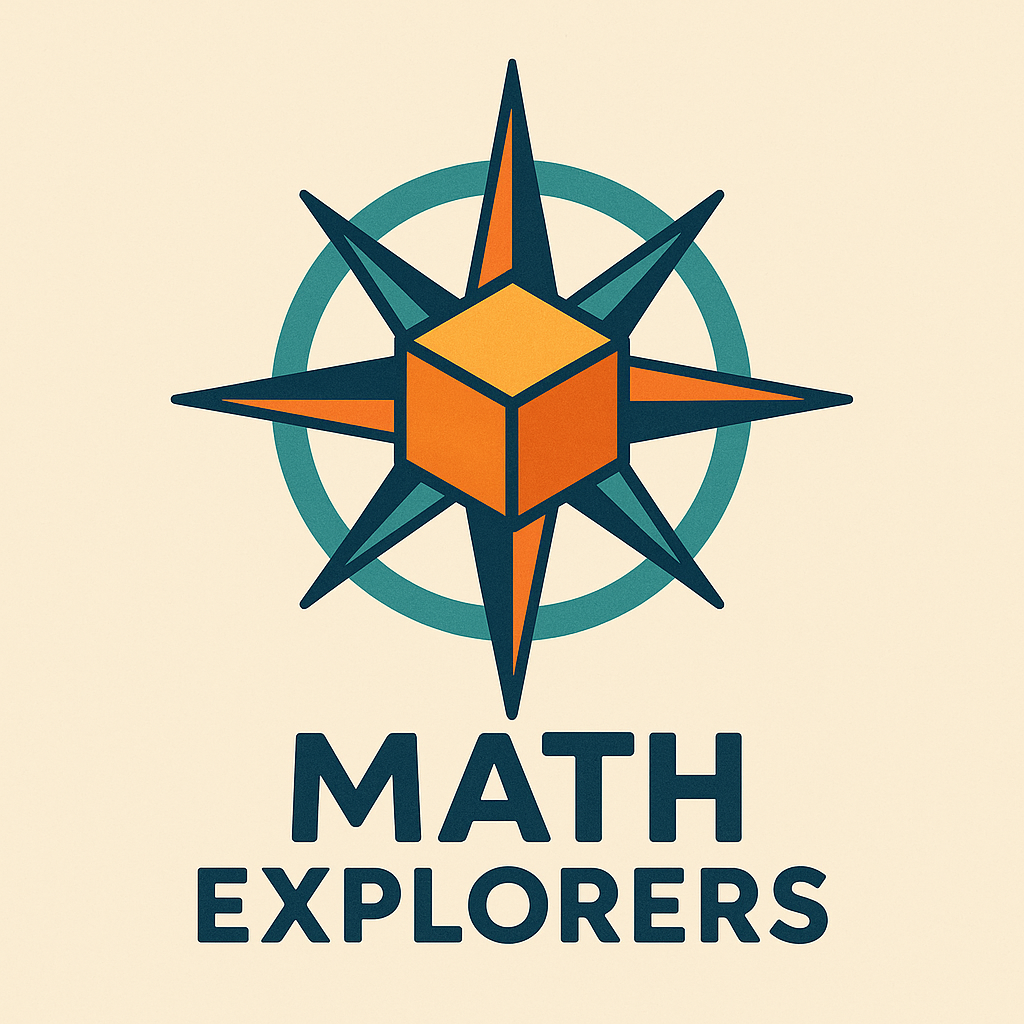The Power of "What Do You Notice?"
One of the most powerful questions you can ask is "What do you notice?" This open-ended question:
- Invites observation without judgment
- Encourages multiple perspectives
- Builds confidence in sharing ideas
- Often leads to unexpected mathematical insights
Asking Questions That Promote Thinking
Move beyond "What's the answer?" to questions that encourage deeper thinking:
- "How did you figure that out?" - Encourages reflection on process
- "What if we tried...?" - Promotes experimentation
- "Can you show me another way?" - Values multiple approaches
- "What patterns do you see?" - Develops pattern recognition
- "How do you know that's true?" - Builds mathematical reasoning
Celebrating Mistakes as Learning Opportunities
Create an environment where mistakes are valued as part of the learning process:
- Share your own mathematical mistakes and what you learned from them
- Respond to mistakes with curiosity rather than correction
- Help children see mistakes as stepping stones to understanding
- Focus on the thinking process rather than just the answer
Modeling Mathematical Thinking
Show your child how you think about mathematics by thinking aloud:
- Share your observations and wonderings
- Talk through your problem-solving process
- Express curiosity about mathematical patterns
- Show how you use mathematics in daily life
Creating Space for Mathematical Play
Allow time for unstructured mathematical exploration:
- Provide materials that invite mathematical thinking
- Resist the urge to direct the play
- Join in as a co-explorer rather than a teacher
- Follow your child's interests and questions
Building a Mathematical Community
Help your child see themselves as part of a mathematical community:
- Share stories of mathematicians and their discoveries
- Connect with other families interested in mathematics
- Participate in mathematical events and activities
- Show how mathematics connects to other interests
